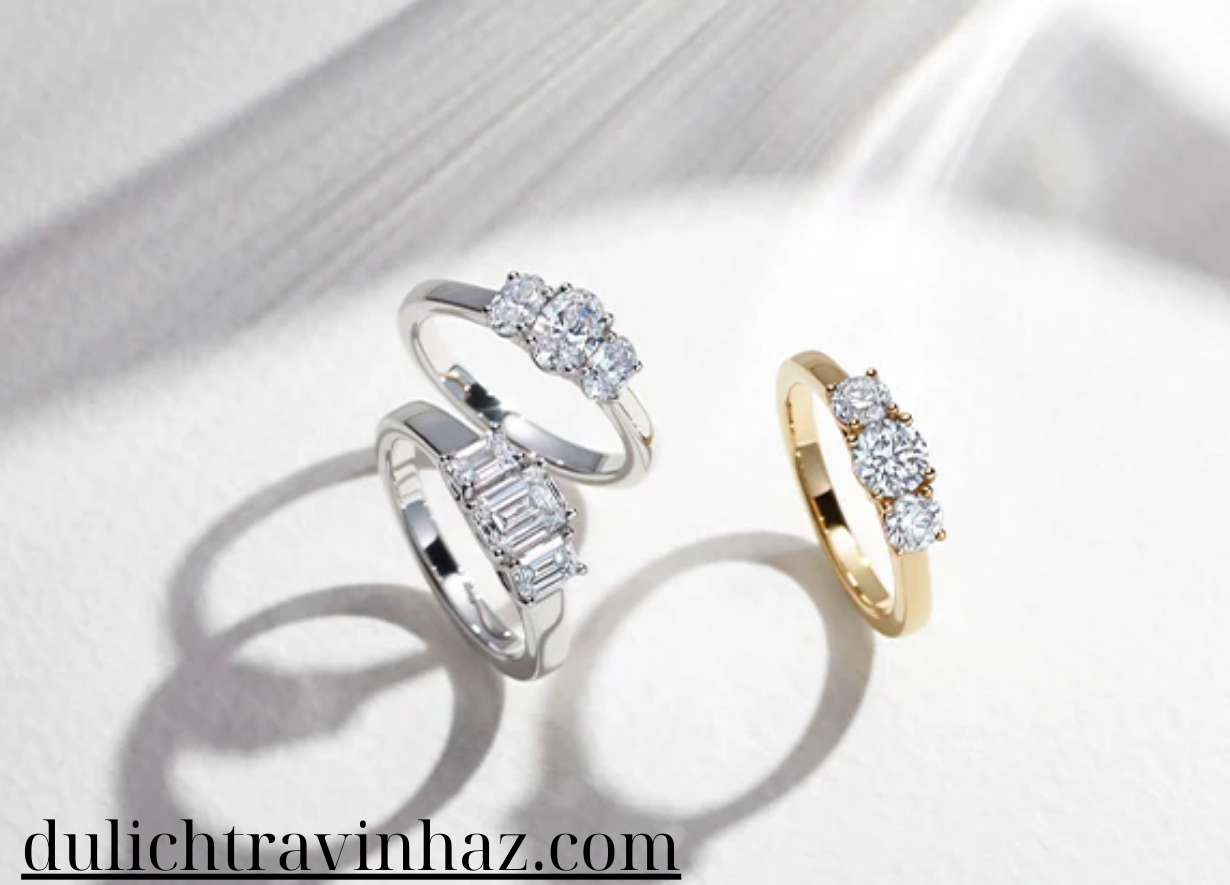Buying jewelry is an exciting and often significant investment, whether it’s for a special occasion, a personal treat, or a meaningful gift. To ensure you make an informed and satisfying purchase, consider these expert tips. They’ll help you navigate the options and choose jewelry that’s both beautiful and valuable.
1. Understand the Basics
Why It’s Important: Knowledge of the fundamental aspects of jewelry will help you make informed decisions and avoid common pitfalls.
Key Points:
- Know the Metal Types: Learn about different metals like gold, platinum, silver, and their variations. Each metal has unique properties and price points.
- Familiarize Yourself with Gemstones: Understand the basics of gemstones, including diamonds, sapphires, rubies, and emeralds. Know their characteristics and how they affect value.
2. Set a Budget
Why It’s Important: Establishing a budget helps you focus on options within your price range and prevents overspending.
How to Set a Budget:
- Determine Your Spending Limit: Decide on a realistic budget based on your financial situation and the significance of the purchase.
- Include Additional Costs: Factor in additional costs such as taxes, insurance, and potential maintenance.
3. Choose the Right Jewelry Style
Why It’s Important: Selecting a style that suits the recipient’s preferences or your own taste ensures satisfaction with the purchase.
How to Choose a Style:
- Consider Personal Taste: Look at the recipient’s existing jewelry or preferences to determine their style—classic, modern, vintage, or trendy.
- Match the Occasion: Choose pieces that are appropriate for the occasion, whether it’s an engagement ring, anniversary gift, or everyday wear.
4. Check for Certification
Why It’s Important: Certification ensures that the jewelry meets industry standards and provides information on quality and authenticity.
What to Look For:
- Gemstone Certification: For gemstones, such as diamonds, check for certification from reputable labs (e.g., GIA, IGI) that details the quality and characteristics.
- Metal Authenticity: Verify the purity and authenticity of metals through hallmarks or stamps.
5. Understand the 4 Cs of Diamonds
Why It’s Important: The 4 Cs—Cut, Color, Clarity, and Carat weight—are critical in determining the quality and value of diamonds.
What to Know:
- Cut: Affects the diamond’s brilliance and sparkle. Ensure the cut is well-proportioned.
- Color: Ranges from D (colorless) to Z (light yellow or brown). Choose a color that complements the setting.
- Clarity: Refers to the presence of internal or external flaws. Higher clarity means fewer inclusions and blemishes.
- Carat Weight: Measures the size of the diamond. Balance carat weight with the other Cs and budget.
6. Verify the Return Policy
Why It’s Important: A flexible return policy provides peace of mind in case the jewelry doesn’t meet expectations or needs to be exchanged.
What to Check:
- Return Time Frame: Understand the period within which you can return or exchange the jewelry.
- Condition Requirements: Ensure the return policy specifies the condition in which the jewelry must be returned.
7. Consider Customization
Why It’s Important: Customization allows you to create a unique piece tailored to specific preferences or requirements.
How to Customize:
- Choose a Reputable Jeweler: Work with a jeweler known for high-quality custom designs.
- Design Consultation: Discuss your vision and preferences to create a personalized piece.
8. Assess Quality and Craftsmanship
Why It’s Important: Quality and craftsmanship affect the durability and overall appeal of the jewelry.
How to Assess:
- Inspect the Workmanship: Check for smooth finishes, secure settings, and overall attention to detail.
- Review the Craftsmanship: Higher-quality pieces often feature precise workmanship and premium materials.
9. Research the Seller
Why It’s Important: Purchasing from a reputable seller ensures the authenticity of the jewelry and provides reliable customer service.
How to Research:
- Read Reviews: Look for customer feedback and ratings.
- Verify Credentials: Check if the seller is a member of industry organizations and has a good reputation.
10. Plan for Future Maintenance
Why It’s Important: Regular maintenance keeps your jewelry in excellent condition and preserves its value.
What to Consider:
- Cleaning and Care: Learn about the appropriate cleaning methods and materials for your jewelry.
- Insurance: Consider insuring valuable pieces to protect against loss or damage.
Conclusion
Buying jewelry is both an art and a science. By understanding the basics, setting a budget, choosing the right style, and verifying quality, you can make a well-informed purchase that you’ll cherish for years to come. Whether you’re buying for yourself or a loved one, these tips will guide you in selecting a piece that’s beautiful, valuable, and perfectly suited to your needs.
